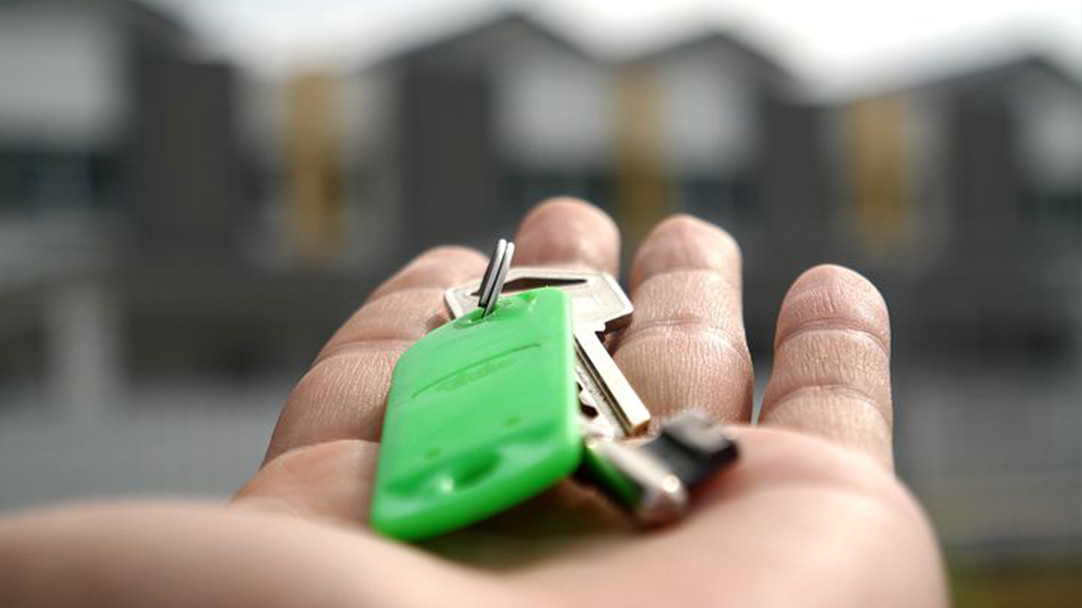Buy, Renovate and Refinance
Some of you may be familiar with the concept of buy, renovate and refinance. Today’s blog is going to walk you through the concept and give you some example figures.
The idea of buying a property and renovating it isn’t a new concept. When considering refinancing following a renovation, there can be a real light bulb moment for individuals who have not come across this before.
When a property is purchased that requires a lot of work; the property purchase price tends to reflect this. In comparison to other properties in the local area, you should definitely feel like you’ve picked up the property for a great price.
Now, this is when your number-crunching becomes essential. You should have a good idea exactly how much your renovation work is going to cost, plus all other associated fees with buying a property such as legal fees and stamp duty. We also put around 10% of renovation costs aside for an additional safety net, as renovation costs often creep up. Many property investors will put down a small deposit and take out a mortgage to pay for the rest of the property, say a 25% deposit and 75% mortgage (75% loan to value).
When you initially bought the property, you’ll have spent some time looking at other properties on the same street or same area to get an estimated end market value, i.e. what the property will be worth once renovated. From here we have an idea of:
- All fees included with buying the property
- Renovation costs
- End market value once renovated
If you’ve spent time crunching the numbers before diving in and purchasing the property, you should have a good margin between all the money spent purchasing and renovating the property, and what it will be valued at once renovated. This is your profit.
Where experienced investors can use their skills and make their money work harder for them, is when they buy a property, renovate it, and refinance the property at the higher value once the renovation is complete. If a property is purchased at a very low price, for example, if the property is in extremely poor condition, or where there can be a huge uplift in value by, for example converting the loft or extending sideways/into the garden, when the property is refinanced the investor can occasionally pull out all the capital that was initially invested.
Here’s an example:
A 2 bedroom bungalow purchased for £175,000.
Fees, stamp duty and renovation add up to £75,000.
Initial 25% deposit put down – £43,750 (therefore borrowing £131,250 from the lender)
Total money invested from our pocket into the deal: deposit plus fees plus renovation costs: £43,750+£75,000 = £118,750
Once renovated, the bungalow has three bedrooms and a large living room/kitchen extension.
It is now valued at £375,000.
Property is refinanced at the higher valuation of £375,000…
So borrowing 75% of £375,000 is £281,250.
The mortgage provider will, therefore, increase your borrowings to £281,250 for the renovated property.
New mortgage – old mortgage: £281,250-£131,250 = £150,000 of additional capital borrowed from the bank.
With this additional £150,000 of borrowed money from the bank, we can pay-off our initial investment costs of £118,750, and walk away with a small profit.
This example deal hopefully highlights the power of buying properties in need of significant renovation works or properties where ‘value’ can be added (extensions, loft conversions, etc.). If the difference between purchase price plus all costs associated, and the estimated end value are high enough, if we decide to refinance a property once the renovation work is completed, we can potentially pull all of our initial costs out of the property. Now that’s what I call making your money work hard for you.
We always need to bear in mind that not all lenders will allow you to refinance a property following renovations, and while it may seem financially smart to look for these sorts of projects, they come with additional risks. Before undertaking a project of this scale, we would recommend speaking to your local estate agent, local tradespeople, and your financial advisor to ensure you are knowledgeable and financially safe to complete this sort of undertaking.
Interested in Investing in Property?
We make property investing simple for people who want to benefit from high-quality property investments without investing their own time or resources. Our investors can benefit from a passive income on a fixed term, backed by a brick and mortar asset and a team of experienced property investment professionals.
Download our investor brochure by clicking the button below.



